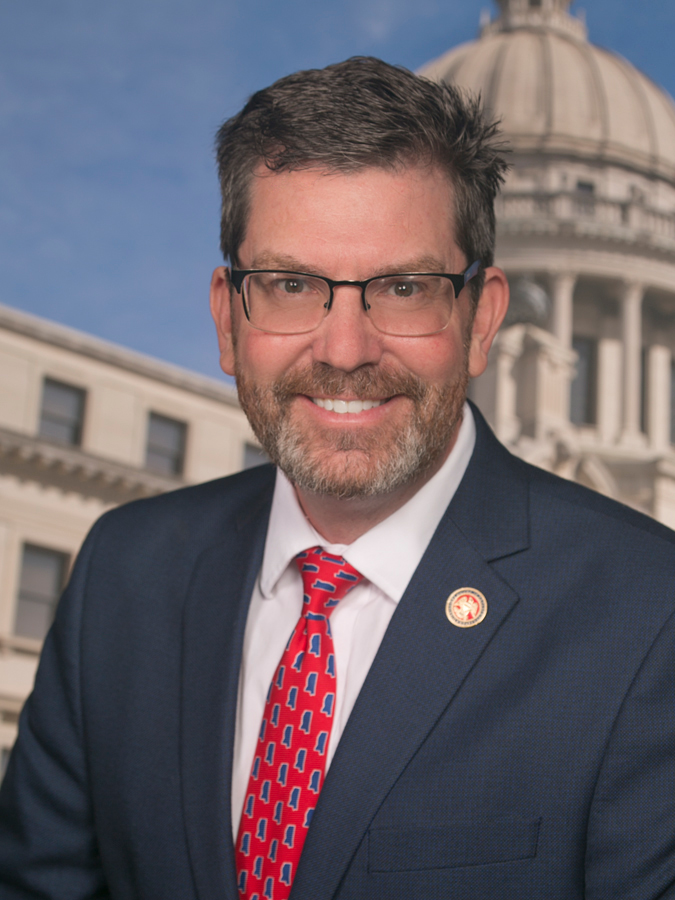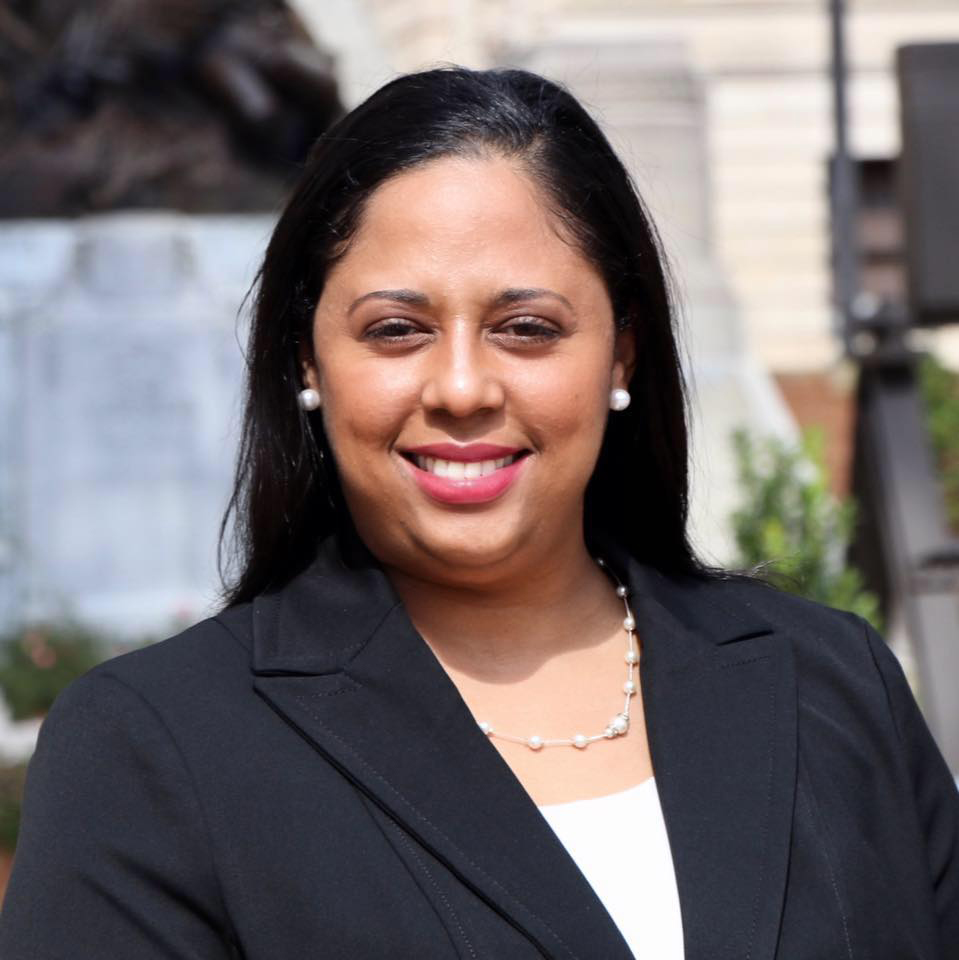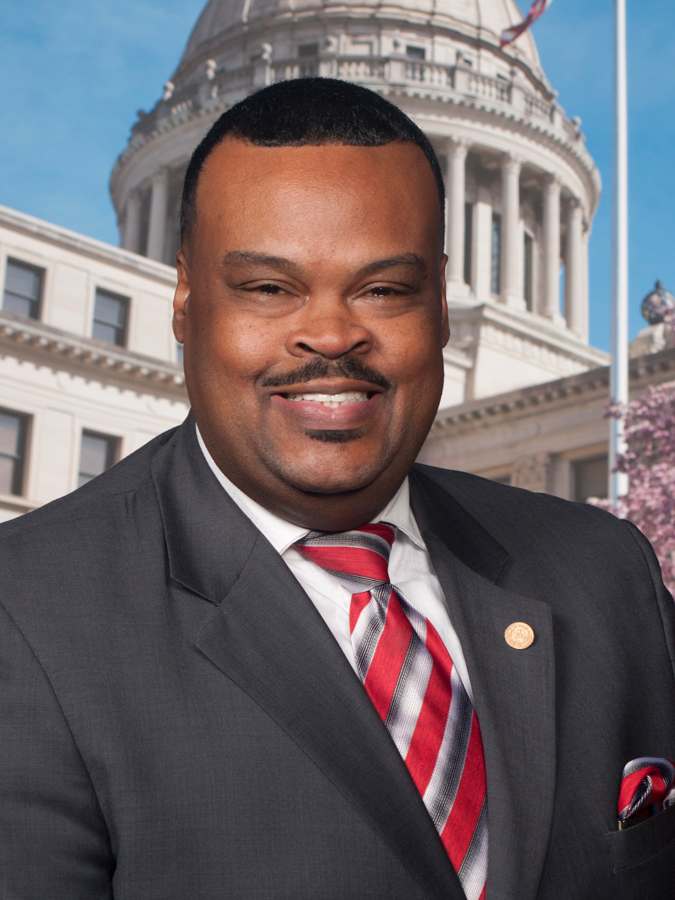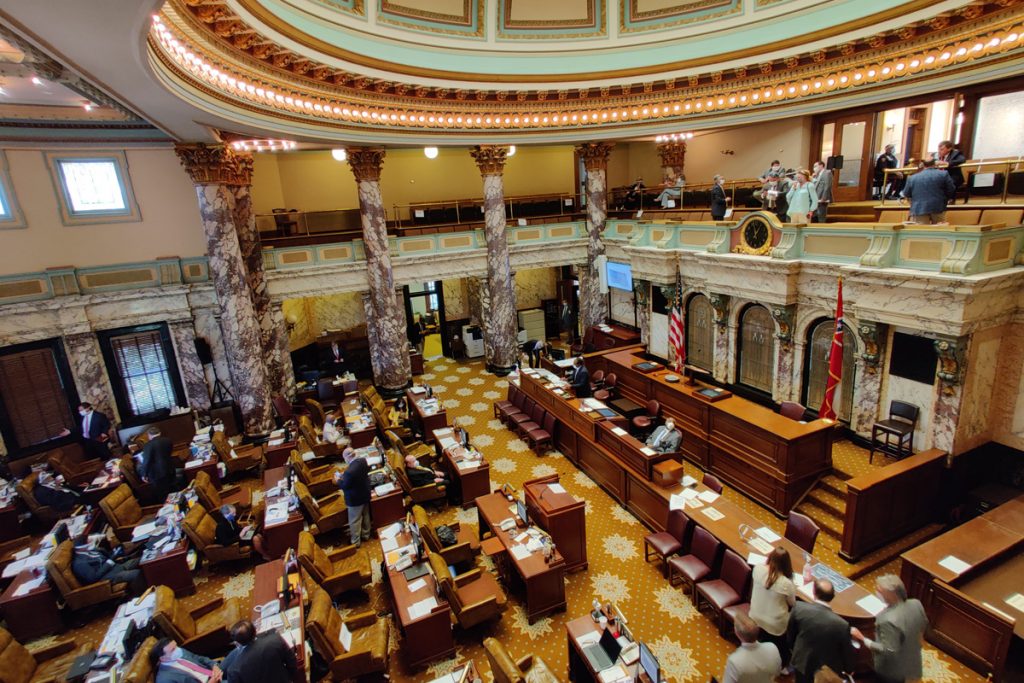As Mississippi’s 2021 legislative session unfolds, two currents are competing to respond to 2020’s tumultuous election. One seeks to expand voting access, dismantling barriers for voter registration, the casting of absentee ballots and the return of the franchise to previously incarcerated residents. It is the path most legislative Democrats prefer.
The other current is far more punitive and is more popular with the state’s supermajority Republican Party that controls the Governor’s Mansion and both chambers at the Capitol. In the wake of an election that many Donald Trump supporters falsely painted as fraudulent, Mississippi’s own GOP leadership is seeking to crack down on the voter rolls with a variety of bills to purge voters.
If Mississippians expected their state Legislature to respond to the challenges of a national election during COVID-19 by making it easier to vote, this week offered little progress.
Purging Voter Rolls
The voter-purge bills are an attempt to remove voters who do not vote often, or have not in recent years. Paired bills—House Bill 4 and Senate Bill 2588—would direct county election officials to send voter-registration confirmation cards to Mississippi residents who fail to vote at least once in two years.
Those voters would then have two federal elections—four years in total, including a midterm and a presidential election—to respond to the notice, update their voter registration or vote before they are purged from the voter rolls. A provision in the bill does prevent a purge within 90 days of a federal primary or general election.
Elections Committee Chairman Sen. Jeff Tate, R-Meridian, and Rep. Brent Powell, R-Brandon, the bills’ primary authors, brought the proposed legislation forward after calls for a response to an extremely high percentage of registered voters in the state—in some cases, greater than the amount of voting-aged adults in their counties.
Secretary of State Michael Watson has previously said that Mississippi’s registration numbers are evidence of bloated rolls that still include Mississippians who have moved or died—the result of human error on the part of county clerks and commissioners.
The bill also picked up the support of Lt. Gov. Delbert Hosemann, who told the media Thursday that he supported action to clean up the state’s voter rolls. “To get those voter rolls right is important to the state—it’s important to the country,” Hosemann said.
Democratic opponents see the bills as more likely to harm actual voters than to prevent outright voter fraud. Sen. David Blount, D-Jackson, opposed the Senate version of the bill in committee and now seeks to defeat it on the Senate floor. “A person should not be purged from the voter rolls simply because they don’t vote for two years and don’t respond to a postcard that they may or may not get,” Blount told the Mississippi Free Press in a Jan. 29 interview.
The Democratic senator acknowledged the need for a solution to outdated registration data. “We do have a problem with inflated voter rolls,” he said. But he argued that addressing county election commissions falling behind on their responsibilities was a better solution than beginning a statewide purge.
Current Status: Both versions of the bill have passed through their relevant committees, meaning floor votes in both chambers are now necessary to advance the registered voter purge.
Citizenship Audit For Registered Voters
If the SEMS purge plan is a surgical approach to cutting the voter rolls, House Bill 586 is a rusty chainsaw. Rep. Dan Eubanks, R-Walls, authored H.B. 586 to direct SEMS to “be compared to the identification databases to ensure non-United States Citizens are not registered to vote.”

The bill provides only a murky explanation for the process that leads to the citizenship audit. “If evidence exists that a particular registered voter is not a citizen of the United States,” it reads, SEMS is ordered to notify the registrar of the suspected discrepancy, who then sends a notice to the voter.
That voter then has a mere 30 days to provide the proper authorities with one of three forms of identification—a birth certificate, a passport or a copy of their naturalization documentation.
Failure to do so will result in the immediate purge of the individual from the voter rolls. Anyone with the inability to provide said documentation may provide “additional proof of citizenship” to the board of election commissioners.
Rep. Zakiya Summers, D-Jackson, did not mince words in an interview with the Mississippi Free Press. “Essentially, what you’re doing is you’re paying to prove that you’re a citizen, so you can vote. In my context, that comes out to be a poll tax,” she said, referring to Jim Crow-era barriers on Black franchise.
The intent and execution of the bill bothers the representative. “This could happen, you know, 30 days before the election,” she said. If a voter does not have their birth certificate, a passport, or naturalization papers, it’s possible that they could simply not have enough time to collect the requested documents before being purged from the voter rolls.
Summers is disappointed in the state of the Elections Committee meetings so far. “We were able to do so much last year—removing the Jim Crow law, the new state flag,” she said. “Our colleagues on the other aisle are responding to the presidential election. The response, unfortunately, has so far been that we should make it harder for people to vote.”
Current Status: H.B. 586 passed to the House floor, with Tate, the committee chairman, refusing to consider amendments to the bill. It requires a full House vote before beginning the process anew in the Senate.

Beyond the elections committees, a number of bills have emerged, some reflective of the unfinished business of 2020, others new initiatives, each carrying the potential for significant consequences to the state code if passed.
Mississippi Earned Parole Eligibility Act
Senate Bill 2795, the “Mississippi Earned Parole Eligibility Act” is the expected followup from Corrections Chairman Sen. Juan Barnett, D-Heidelberg, after the last-minute failure of 2020’s criminal-justice reform push, which Gov. Tate Reeves ultimately vetoed.
Barnett’s bill focuses entirely on parole eligibility, formalizing the service requirements for incarcerated Mississippians seeking parole, and includes the re-entry requirements requested by law-enforcement organizations after the debut of the previous version.
Current Status: SB 2795 is en route to a full vote in the Senate. In the House, H.B. 525, an omnibus bill, includes similar parole reform provisions, and is awaiting a floor vote.
Revising Felony Expungement List
Rep. Kabir Karriem, D-Columbus, authored HB 1079 to revise the list of crimes eligible for expungement, allowing for a broader range of Mississippians to restore their right to vote after incarceration for a single felony.

Now, only “crimes of violence,” as defined in Mississippi Code Section 97-3-2 would prevent a single felony expungement. In a live stream with Mississippi Free Press Founding Editor Donna Ladd Thursday, Karriem asserted that more must be done to restore voting rights to Mississippians.
“There should be a process across the board on how people can get their rights restored after they’ve paid their debts to society. I think that’s something that needs to be instituted immediately,” he said.
Current Status: HB 1079 is waiting for a hearing in the Judiciary B committee. Additionally, Karriem has a number of other expungement bills also awaiting committee hearings.
Autonomy of Nurse Practitioners
Rep. Donnie Scoggin, R-Ellisville, and Sen. Kevin Blackwell, R-Southaven, authored HB 1303 and SB 2007, respectively. The bills are a final, significant push toward the full medical autonomy of nurse practitioners in the state of Mississippi.
If passed, Mississippi would allow “advanced practice registered nurses,” including nurse practitioners and similar positions, with more than 3,600 hours of “transition-to-practice” experience to see and treat patients without the collaborative or supervisory role of a physician.
The result of these bills would be a medical landscape in Mississippi more open to nurse practitioner-led clinics. Currently, nurse practitioners must partner with physicians, often from other practices, to provide dual-tiers of medical care.
Current Status: The bills have passed through their committees in both the House and Senate, and now await floor votes and a potential conference between versions.
With the 2021 session in full swing, legislators intend to speed through the calendar as quickly as is possible, avoiding the endless days of the 2020 extended session. The result is an onslaught of bills worth scrutiny as they rapidly approach the governor’s desk.









